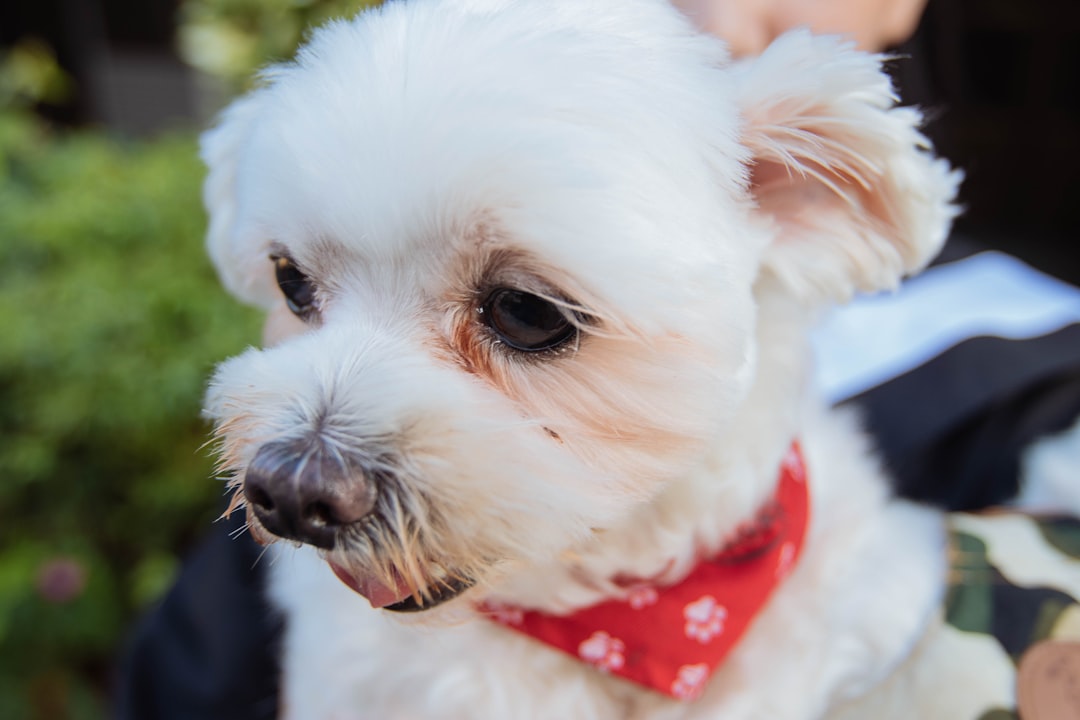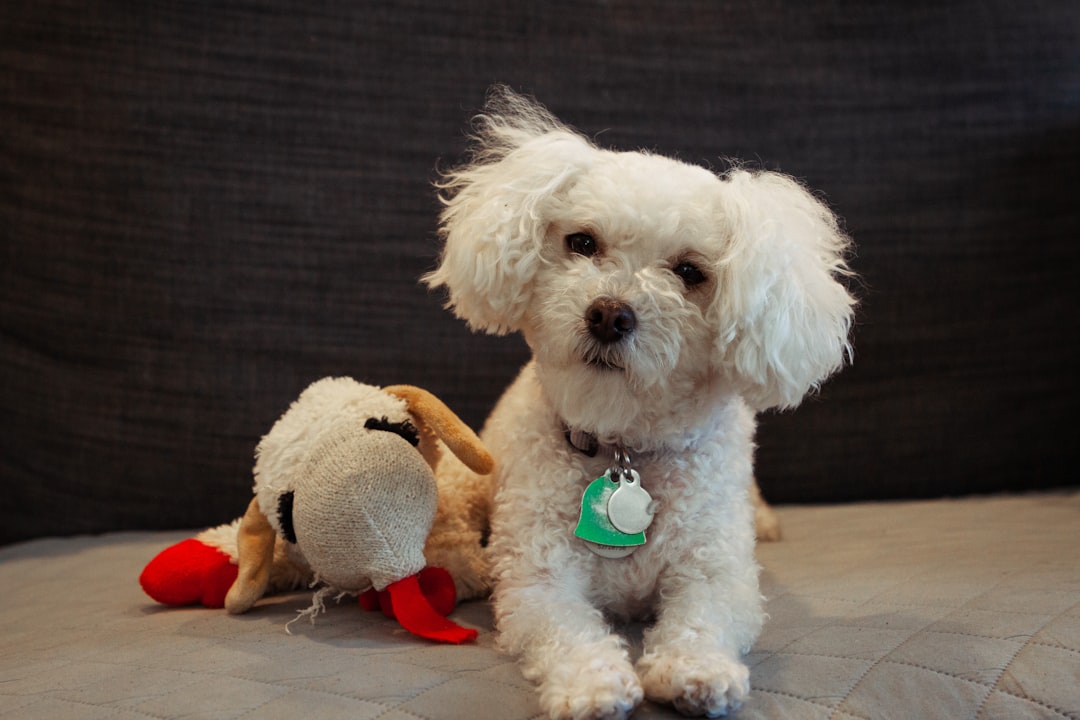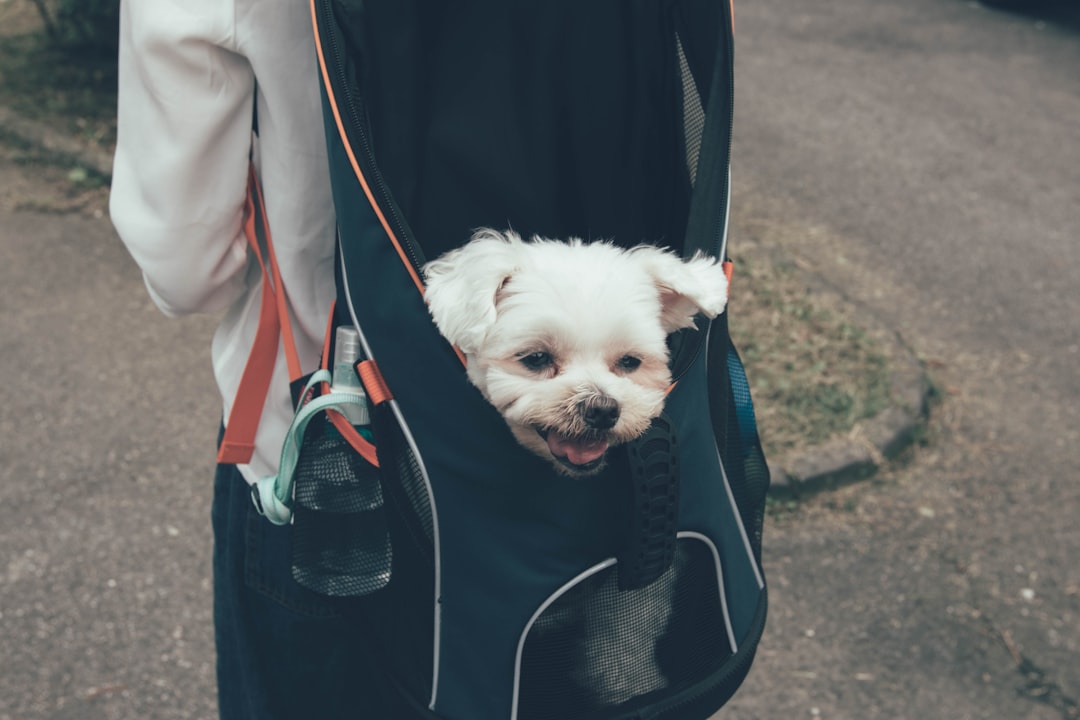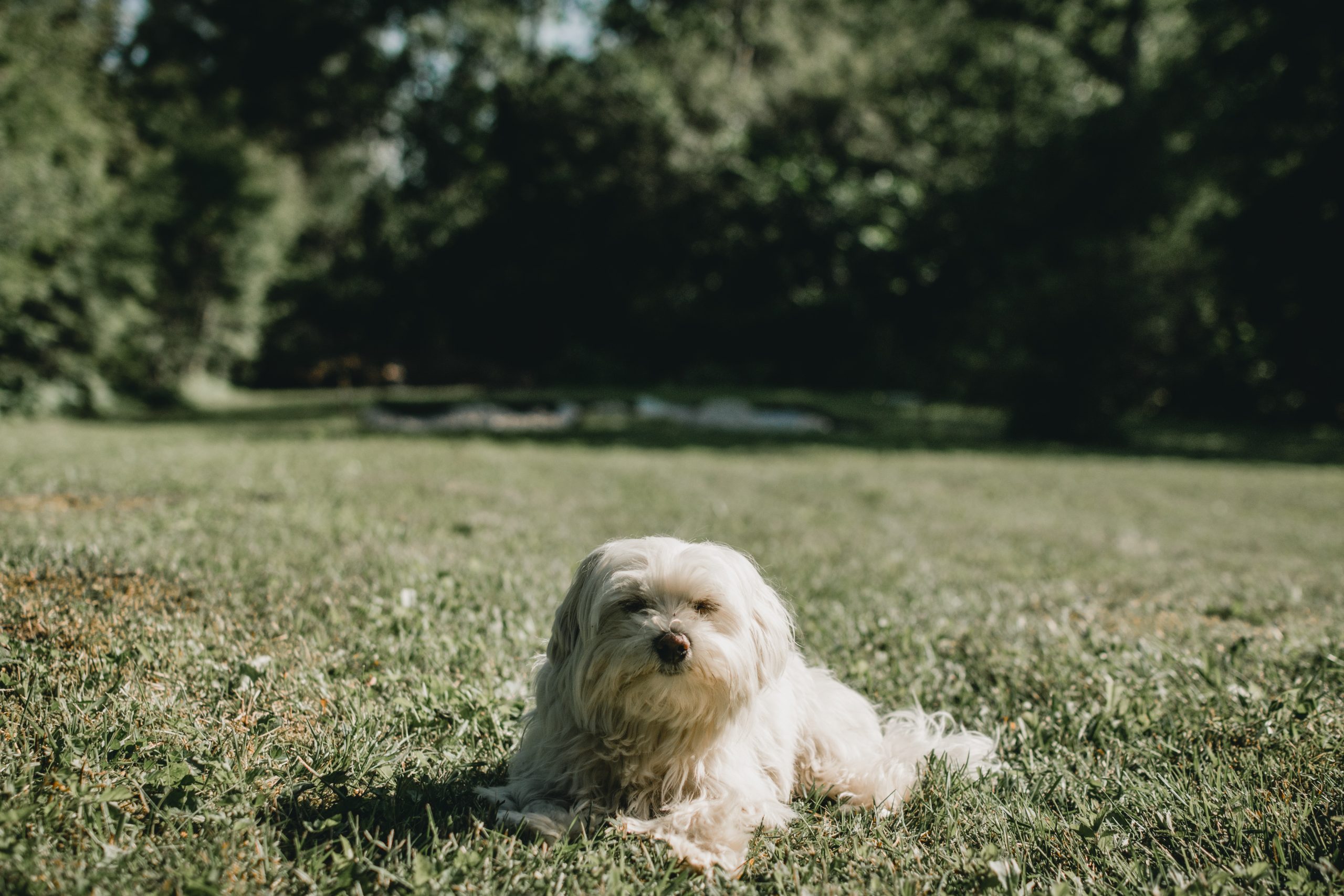The Ultimate Guide to Exercise and Physical Activity for a Happy and Healthy Maltese
This article provides information on the importance of exercise for Maltese dogs, their exercise needs, suitable exercise routines, indoor and outdoor activities, preventing overexertion, and mental stimulation and bonding activities.
Importance of Exercise for Maltese Dogs
Exercise is of utmost importance for the overall health and well-being of Maltese dogs. Despite their small size, they require purposeful exercise to remain physically and emotionally healthy. Regular exercise is not only beneficial for preventing obesity, aiding digestion, and preventing behavioral issues. but it also satisfies their natural instincts, prevents cabin fever, and helps to release pent-up energy, all of which contribute to their overall happiness and contentment.
Tailoring exercise routines to the specific age and health of the Maltese dog is a crucial aspect of their care. For instance, younger Maltese puppies may require shorter, more frequent exercise sessions to accommodate their developing bodies, while older dogs may need gentler forms of exercise to prevent strain and injury. Understanding the individual needs of a Maltese dog and customizing exercise routines accordingly is essential for maintaining their overall well-being and quality of life. For example, a senior Maltese dog may benefit from short, daily walks, indoor play, and mental enrichment to keep them happy and healthy. By adapting exercise routines to the unique requirements of each Maltese dog, owners can ensure that their pets receive the appropriate level of physical activity to support their health and vitality.
Understanding the Exercise Needs of Maltese Dogs
Understanding the exercise needs of Maltese dogs is crucial for ensuring their overall health and well-being. Maltese dogs typically require 30 minutes to 1 hour of exercise per day, but it’s important to tailor this based on their individual energy levels, age, and health. For example, a younger, more energetic Maltese might benefit from longer play sessions or additional activities to burn off excess energy, while an older dog with health issues might need shorter, gentler exercise routines.
In addition to physical exercise, mental stimulation is also vital for Maltese dogs. Incorporating interactive play, such as fetch or puzzle toys, can help keep their minds engaged and prevent boredom. This mental stimulation is not only important for their cognitive health but also helps in preventing behavioral issues that may arise from lack of mental stimulation.
Furthermore, outdoor activities like agility training and social interactions with other dogs at a dog park can provide both physical and emotional benefits for Maltese dogs. These activities not only fulfill their exercise needs but also contribute to their socialization and overall happiness. It’s important to remember that understanding the specific exercise needs of a Maltese dog and addressing them appropriately can greatly contribute to their quality of life and long-term health.
 Suitable Exercise Routines for Maltese Dogs
Suitable Exercise Routines for Maltese Dogs
When it comes to suitable exercise routines for Maltese dogs, it’s important to consider their specific needs and abilities. Walking the Maltese dog twice a day, for 20-30 minutes each time, at a brisk pace, not only fulfills their exercise requirements but also provides essential mental stimulation. This routine not only keeps them physically active but also allows them to explore and engage with their environment, which is vital for their overall well-being. Additionally, engaging in activities like fetch and find it games can further stimulate them both physically and mentally. For instance, playing fetch with an appropriately sized toy, such as a ping pong ball, allows the Maltese to burn off excess energy while also having fun.
As Maltese dogs age, their exercise needs may change, and it becomes paramount to adapt their routines to suit their age and health conditions. For example, older Maltese dogs may require shorter and gentler exercise sessions to accommodate any joint or mobility issues they may develop with age. By modifying their exercise routines accordingly, their physical and mental well-being can be effectively maintained. Understanding and attending to the specific needs of Maltese dogs in their exercise routines is crucial for ensuring that they receive the appropriate level of physical activity and mental enrichment.
 Indoor and Outdoor Activities for Maltese Dogs
Indoor and Outdoor Activities for Maltese Dogs
When considering indoor exercise for Maltese dogs, activities like fetch and hide and seek can be excellent options to meet their exercise needs, especially during inclement weather or in a confined space. For instance, playing fetch with an appropriate size toy like a ping pong ball can help the Maltese burn off excess energy and engage in a fun and interactive activity. Similarly, hide and seek games can provide mental stimulation and satisfy their natural instincts, contributing to their overall well-being.
In addition to indoor activities, outdoor exercise is equally crucial for Maltese dogs. Daily walks not only provide essential physical activity but also offer opportunities for mental stimulation, as they get to explore new scents and sights. Moreover, social interactions with other dogs at a dog park can enhance their social skills and emotional health, contributing to a holistic exercise routine. Furthermore, agility training can be a stimulating outdoor activity that exercises their bodies and minds, improving their coordination and confidence. By incorporating a combination of indoor and outdoor activities, pet owners can ensure that their Maltese dogs receive the necessary exercise and mental stimulation for overall well-being and happiness.
Preventing Overexertion and Adapting Exercise Routines
When exercising Maltese dogs, it’s vital to be mindful of preventing overexertion. Monitoring signs of fatigue, such as excessive panting, during exercise sessions is crucial to ensure the dog’s well-being and prevent any potential health issues. For example, if a Maltese dog starts excessively panting or seems tired during a walk or play session, it’s essential to allow them to rest and recover to avoid overexertion.
Moreover, to adapt exercise routines to the age and health of the Maltese dog, it’s important to consider their individual needs. For instance, older Maltese dogs may require a more gentle approach to exercise due to potential joint issues or reduced mobility. On the other hand, younger and more active Maltese dogs may benefit from more vigorous play and exercise routines to burn off their energy in a healthy manner. By tailoring exercise routines to each dog’s age and health, their overall well-being and safety can be maintained.
Furthermore, it’s essential to provide a combination of moderate daily walks, indoor and outdoor activities, and socialization to meet the exercise needs of Maltese dogs. This approach allows them to stay physically and mentally stimulated while considering their physical limitations and health issues. By incorporating a variety of exercises and activities, Maltese dogs can enjoy a well-rounded and safe exercise regimen that contributes to their overall health and happiness.
Mental Stimulation and Bonding Activities
In addition to physical exercise, mental stimulation is crucial for the overall health and well-being of Maltese dogs. Engaging in activities that challenge their minds can help prevent boredom and behavioral issues. For instance, training sessions and learning new tricks are excellent ways to provide mental stimulation for Maltese dogs. By teaching them to follow commands or perform tricks, owners can keep their Maltese mentally sharp and intellectually engaged.
Moreover, interactive play activities such as tug-of-war and gentle wrestling not only provide a source of physical exercise but also strengthen the bond between the dog and its owner. These activities promote trust, communication, and a sense of companionship, which are essential for the emotional well-being of the dog. For instance, engaging in a game of tug-of-war can be a fun way for the owner and the Maltese to interact, building a stronger connection and trust between them.
Additionally, supervision and gradual introduction to swimming can be a beneficial form of low-impact exercise for Maltese dogs. Swimming can provide a full-body workout while being gentle on the joints, making it an excellent option for both physical exercise and mental stimulation. Moreover, the calming effect of water can also help relieve stress and anxiety in dogs, contributing to their overall mental well-being. By incorporating these mental stimulation and bonding activities into the daily routine, owners can ensure that their Maltese dogs are not only physically fit but also mentally stimulated and emotionally content.
Frequently Asked Questions (FAQs)
- How much exercise do Maltese dogs need on a daily basis? Maltese dogs typically need 30 minutes to 1 hour of exercise per day, which can be divided into shorter sessions to accommodate their small size and energy levels.
- What are suitable exercise routines for Maltese puppies? Suitable exercise routines for Maltese puppies include short, gentle walks, free play with age-appropriate toys, and socialization with other dogs to ensure their physical and mental development.
- What are the benefits of regular exercise for Maltese dogs? Regular exercise for Maltese dogs prevents obesity, aids digestion, prevents behavioral issues, satisfies their instincts, prevents cabin fever, and releases pent-up energy, contributing to their overall health and happiness.
- What are some indoor play activities that can meet the exercise needs of Maltese dogs? Indoor play activities such as fetch, hide and seek, and interactive games can effectively meet the exercise needs of Maltese dogs, especially when outdoor exercise is limited.
- How can I prevent overexertion while exercising my Maltese dog? To prevent overexertion, it’s crucial to monitor signs of fatigue, such as excessive panting, during exercise sessions with Maltese dogs, and tailor the exercise routine to their needs and limitations.
- What are the signs of fatigue that I should monitor during exercise sessions with my Maltese dog? Signs of fatigue to monitor during exercise sessions with Maltese dogs include excessive panting, lagging behind, and seeking shade or rest.
- What types of mental stimulation are important for the overall health of Maltese dogs? Mental stimulation through training, learning tricks, and interactive play activities are important for the overall mental health of Maltese dogs.
- How can I adapt exercise routines to the age and health of my Maltese dog? Exercise routines should be adapted to the age and health of the Maltese dog by considering their physical limitations, health issues, and energy levels to ensure their safety and well-being.
- What are the recommended exercise activities for older Maltese dogs? Older Maltese dogs should engage in a combination of moderate daily walks, gentle play activities, mental stimulation, and socialization to keep their joints and muscles mobile while considering their age and health condition.
- What are the key components of a suitable exercise regimen for Maltese dogs? The key components of a suitable exercise regimen for Maltese dogs include daily walks, indoor and outdoor play activities, mental stimulation, socialization, and monitoring signs of fatigue to prevent overexertion.


